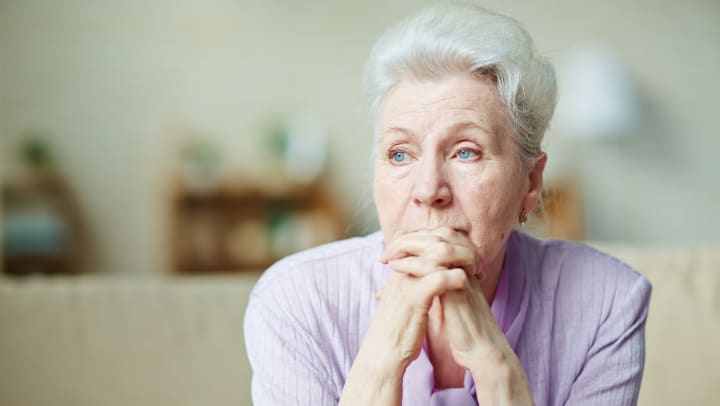Holidays can be an exciting time of year as multiple generations of your family come together to celebrate, particularly when you haven’t connected as a group in some time. Unfortunately, isolation, as dictated by COVID-19, has taken a toll on many seniors over the last two years, and for those living at home, it has been difficult to find quality care due to staffing shortages across the nation. When visiting a senior family member for the first time since the pandemic, you may notice some declines in their physical, cognitive, and/or psychological states. It is important to recognize warning signs that may indicate that your loved one might need assistance with their activities of daily living (ADLs).
It is a decision that can be overwhelming and does not come lightly, so below are eight considerations that can help you in your decision-making journey.
- Physical function declines that could pose safety issues in their home environment. Changes may include difficulties in carrying out activities such as climbing stairs, getting in and out of the bathtub, carpeting that is difficult to walk on – all of which increase the risk of falls. A telltale sign is unexplained bruising or injuries.
- Untidy appearance resulting from not fulfilling basic hygiene practices such as brushing their hair, shaving, oral care, trimming nails, and bathing.
- Dramatic weight gain or loss which may indicate inadequate nutrition or possibly a serious physical or mental health condition.
- Personality changes such as extreme mood swings, abusive behaviors, or appearing detached.
- Cognitive declines including difficulty keeping track of time, forgetting to take their medicine, not being able to recall familiar words, having difficulty performing every-day tasks, and missing appointments with friends and doctors.
- Loss of interest in past hobbies or activities. Check in to see if your loved is still spending time with their favorite activity. Make sure that they have an activity that they look forward to doing.
- Neglecting basic household maintenance such as mowing the lawn, opening mail, keeping rooms organized, opening mail, and having fresh healthy food in the pantry and refrigerator. Floors should be clutter-free to reduce the risk of falls.
- Evidence of unsafe driving as seen with new damages to their car, garage door, or mailbox.
The decision to make a change in the care and/or living situation for your loved one is a thoughtful and kind one. While you seek to learn more about ways to keep your special person healthy, active, and socializing, we want to be a resource for you whether you choose our community or find a different solution.


